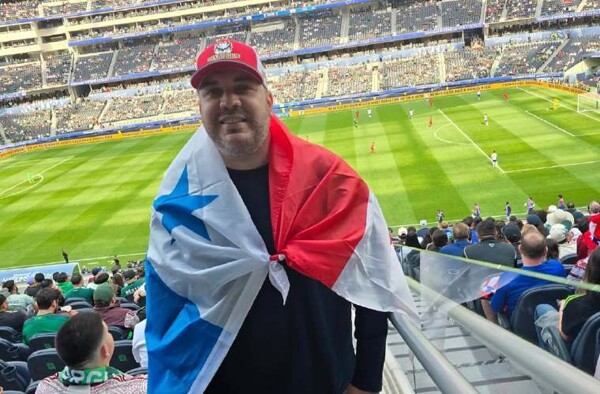
Colombian President Gustavo Petro challenged the global narrative on the war on drugs during the Cabinet Council on Tuesday, February 4. During the live transmission, he stated that "cocaine is no more harmful than whiskey." This statement generated strong reactions both in his country and in the international community. Petro argued that the illegality of this substance is more related to its origin in Latin America than to its level of harm.
Additionally, he compared the treatment of cocaine with that of fentanyl, a synthetic opioid that has caused a public health crisis in the United States. Petro pointed out that fentanyl, despite its devastating impact, does not face the same restrictions as cocaine. These statements from the Colombian president were interpreted as a new attempt to rethink drug policy, a stance he has defended in international forums.
For Gustavo Petro, the legalization of cocaine at a global level would allow for the dismantling of the illicit business and allocate resources for the prevention of consumption among minors. However, his vision has been widely questioned, especially by conservative sectors and analysts who warn about the risks of normalizing the production and distribution of the drug. Petro's discourse reinforces the idea that the prohibition strategy has failed and that a different regulation could change the course of drug trafficking in the region.
"That's what scientists analyze," said Petro regarding the comparison between cocaine and fentanyl. These statements seek to open a debate on drug policies and promote a different approach to tackling the drug trafficking problem, challenging conventional notions about cocaine and its treatment in society.













